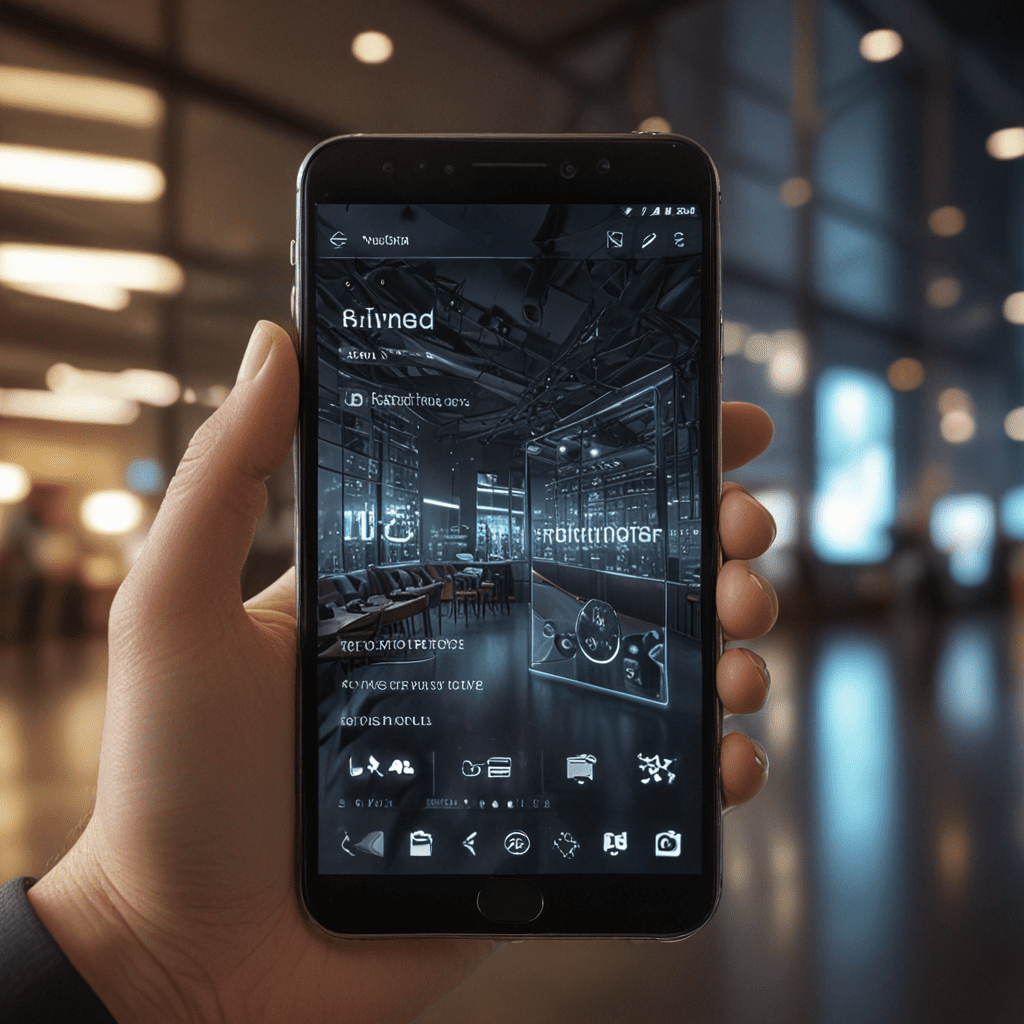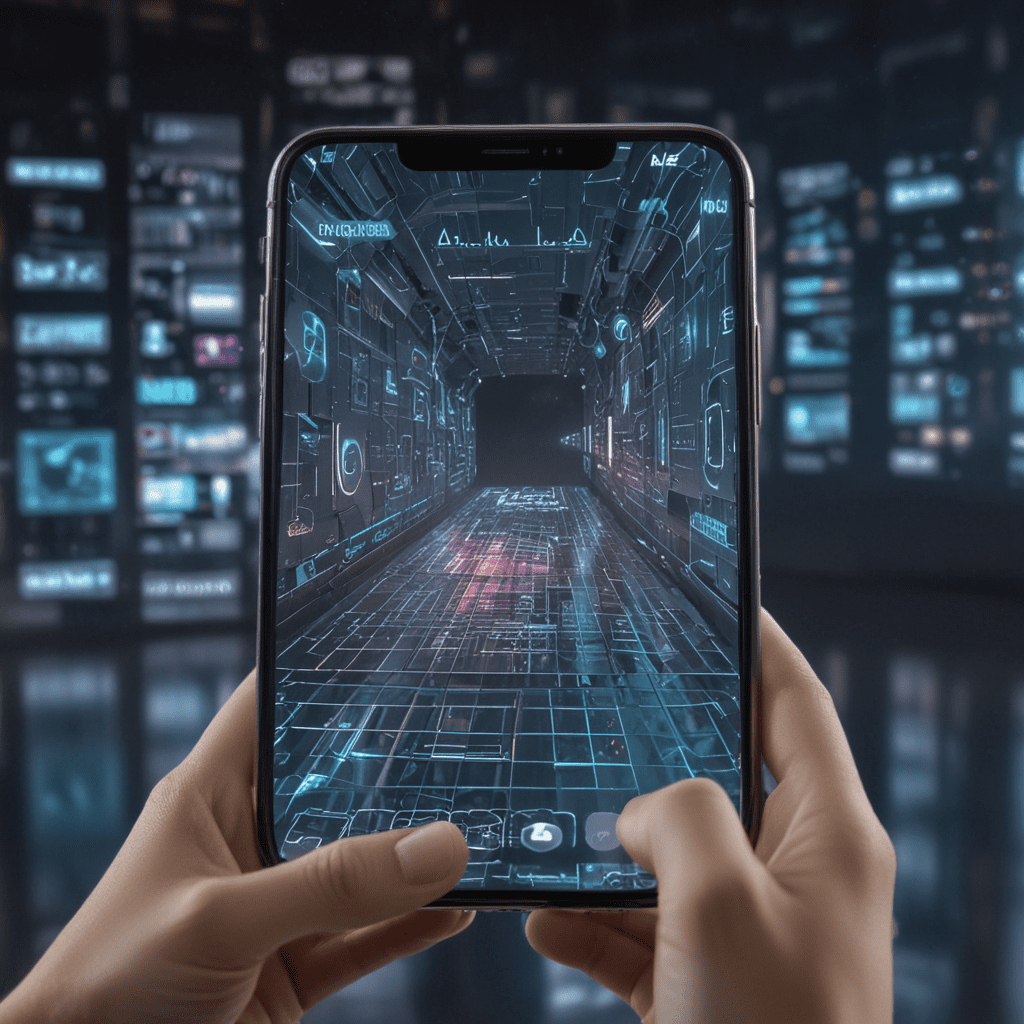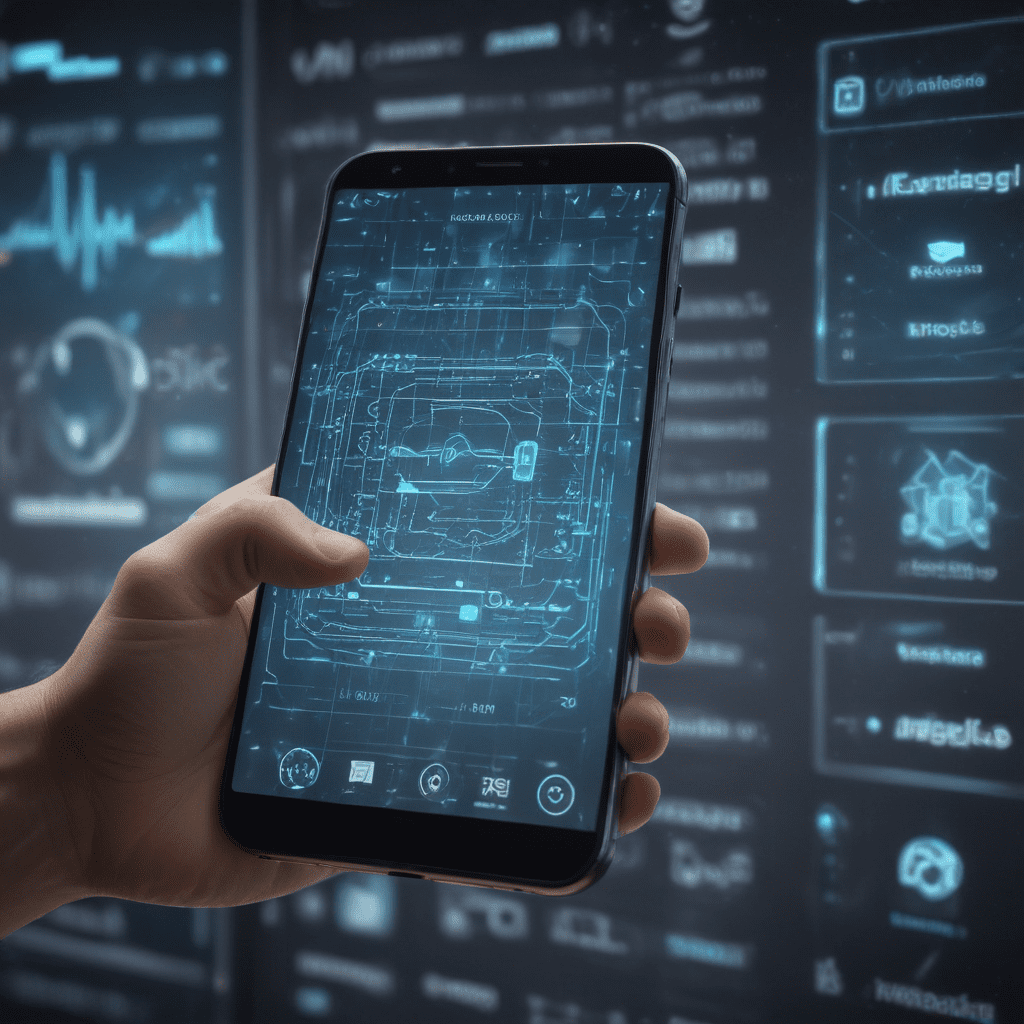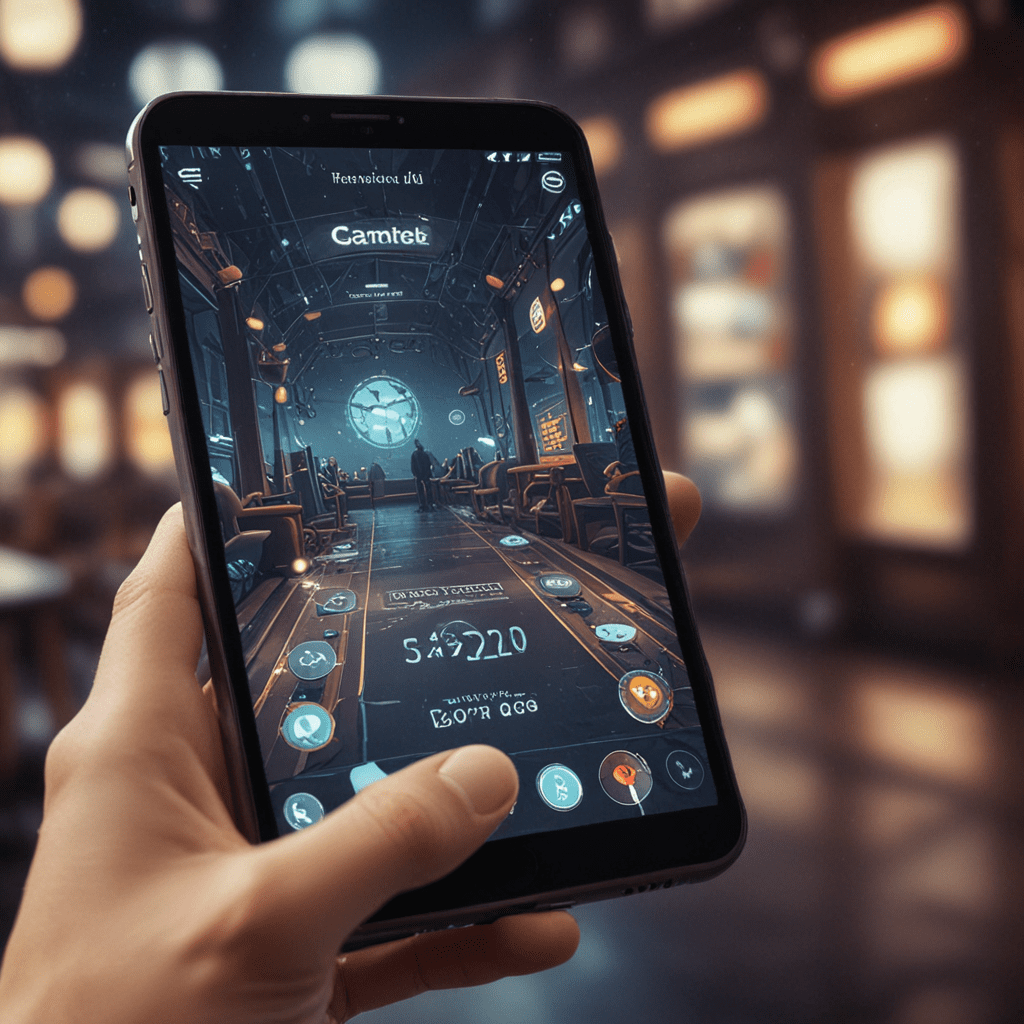
The Role of Personalization in Mobile App Development
1. Introduction
In today's digital landscape, personalization has become a key factor in enhancing user experience and driving mobile app engagement. By tailoring app experiences to individual preferences and behaviors, developers can create apps that are more relevant, engaging, and ultimately successful. This article explores the significance of personalization in mobile app development, discussing its benefits, various implementation strategies, and its impact on user engagement.
2. Understanding Personalization
Personalization in mobile apps refers to the process of customizing app experiences to meet the specific needs, preferences, and context of each user. This involves gathering data about user behavior, preferences, and interactions with the app, and using this data to tailor the app experience accordingly. Personalization extends beyond simply displaying a user's name on the app; it involves understanding their habits, interests, and goals, and using this information to enhance their app journey.
3. Benefits of Personalization in Mobile App Development
Implementing personalization in mobile app development offers numerous benefits. Personalized experiences enhance user satisfaction, as users feel a sense of connection and relevance with the app. This leads to increased user retention and engagement, as personalized apps are more likely to meet users' expectations and keep them coming back. Moreover, personalization can drive conversions and revenue, as tailored experiences can effectively target users with relevant content and offerings.
4. User Interface Customization
One of the most effective ways to personalize mobile apps is through user interface (UI) customization. This involves allowing users to tailor the app's appearance and functionality to their preferences. UI customization empowers users to create an app experience that resonates with their personal style, while also improving usability and accessibility. For instance, apps can offer customization options such as changing the color scheme, font size, and layout, giving users control over their app's visual aesthetics.
5. Content Targeting and Recommendations
Another important aspect of personalization is targeted content recommendations. By understanding user interests and preferences, apps can deliver personalized content that is relevant to each user. This involves leveraging data on user behavior, such as their search history, browsing habits, and app usage patterns, to make tailored recommendations. Personalized content enhances user engagement, as users are more likely to interact with content that aligns with their interests.
6. Location-Based Services
Location-based services leverage a device's GPS or network data to provide personalized experiences based on a user's physical location. Apps can use location data to offer contextually relevant content, such as nearby restaurants, attractions, or promotions. Location-based personalization enhances the app's utility and convenience, making it more valuable to users. For instance, a travel app can provide personalized recommendations for local attractions and activities based on the user's current location.
7. Push Notifications
Push notifications are a powerful tool for personalized communication with app users. By tailoring push notifications to individual preferences and behaviors, developers can increase engagement and conversions. Push notifications can be personalized based on user interests, app usage patterns, and historical interactions. For example, an e-commerce app can send personalized push notifications about product recommendations, flash sales, or abandoned cart reminders, based on the user's browsing and purchase history.
8. Analytics and Insights
Analytics and insights are crucial for understanding user behavior and preferences. By collecting and analyzing data on user interactions, developers can gain valuable insights into how users engage with the app. This data can be used to identify areas for improvement, optimize personalization strategies, and make informed decisions about app development. Analytics tools provide detailed information on user demographics, usage patterns, conversion rates, and other key metrics, enabling developers to tailor the app experience accordingly.
9. Personalization and User Engagement
Personalized experiences have a profound impact on user engagement. When users feel that the app is tailored to their individual needs, they are more likely to engage with the app regularly and for longer durations. Personalized apps create a sense of relevance and connection, fostering a positive emotional response from users. Engagement metrics such as session duration, frequency of app usage, and user retention can be significantly improved through effective personalization strategies.
10. Implementing Personalization in Mobile Apps
Implementing personalization in mobile apps requires a combination of technology and strategy. Developers can leverage various tools and techniques to collect user data, analyze user behavior, and tailor the app experience accordingly. Machine learning algorithms play a crucial role in analyzing user data and making personalized recommendations. Cloud-based platforms provide scalable infrastructure for data storage and processing, enabling real-time personalization. A user-centric approach is essential to successful personalization; understanding user needs and preferences should be at the core of all personalization efforts.
Frequently Asked Questions (FAQs)
Q: Why is personalization important in mobile app development?
A: Personalization enhances user experience, increases engagement, drives conversions, and differentiates apps in the competitive market.
Q: What are some common personalization techniques used in mobile apps?
A: UI customization, content targeting, location-based services, push notifications, and analytics-driven insights are widely used personalization techniques.
Q: How can developers gather user data for personalization?
A: User data can be collected through app usage logs, surveys, user profiles, and third-party data sources.
Q: Is personalization ethical?
A: Yes, personalization is ethical when it respects user privacy and provides transparency and control over data usage.


